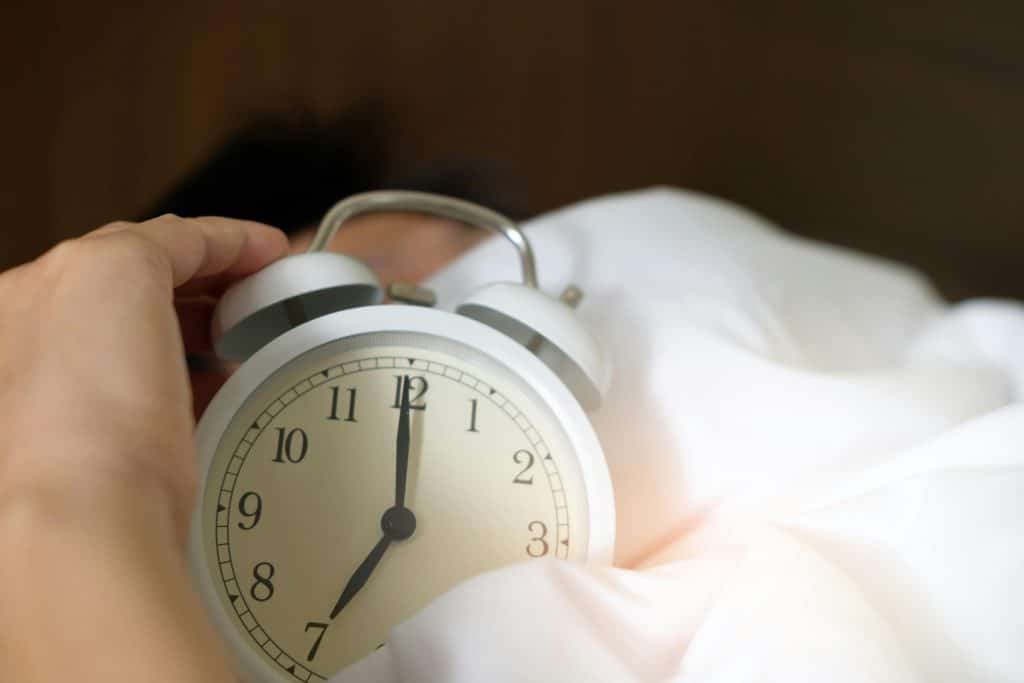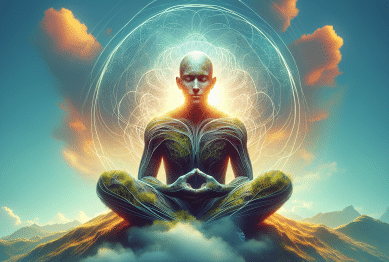In a society where productivity is often glorified over well-being, sleep remains one of the most undervalued pillars of cognitive health. Recent research has increasingly highlighted that quality sleep is not a luxury but a biological necessity directly linked to mental clarity, emotional stability, and overall brain function. As the conversation around mental health gains momentum, understanding why sleep is a vital component of mental clarity is more important than ever.

The Science Behind Sleep and Mental Clarity
Sleep is not merely a passive state where the body shuts down. It is an active, complex process where the brain undergoes critical maintenance. During sleep, the brain consolidates memories, processes emotions, and clears out metabolic waste that accumulates throughout the day.
Key Cognitive Functions Supported by Sleep:
- Memory Consolidation: The brain transfers information from short-term to long-term memory during deep sleep.
- Emotional Regulation: REM sleep is essential for processing emotional experiences and reducing anxiety.
- Toxin Removal: The glymphatic system activates during sleep to flush out neurotoxins, including beta-amyloid, which is associated with Alzheimer’s disease.
According to a 2023 study published in Nature Neuroscience, individuals who consistently get 7-8 hours of sleep demonstrate 30% higher cognitive performance in tasks requiring attention and decision-making compared to those sleeping less than 6 hours.
Emerging Trends: Sleep Hygiene and Digital Detox
The digital age has not been kind to our sleep patterns. Blue light from screens, late-night social media scrolling, and 24/7 connectivity have severely disrupted circadian rhythms. However, this has also led to a rising trend in sleep hygiene practices and digital detox initiatives aimed at reclaiming rest.
Current Trends in Sleep and Mental Clarity:
- Sleep Tracking Devices: Wearables like Oura Ring and WHOOP provide data-driven insights into sleep quality.
- Digital Sunset Practices: Reducing screen exposure one hour before bed to promote melatonin production.
- Mindfulness-Based Sleep Aids: Apps like Calm and Headspace offer guided meditations designed to ease pre-sleep anxiety.
A report by McKinsey (2024) shows that companies investing in employee sleep wellness programs are witnessing a 20% boost in workforce productivity and a notable decrease in burnout rates.
Practical Guide: How to Improve Mental Clarity Through Better Sleep
Improving mental clarity is not about drastic lifestyle overhauls. Small, consistent changes in your sleep habits can lead to significant cognitive benefits.
1. Prioritize Consistent Sleep Schedules
The human body thrives on rhythm. Going to bed and waking up at the same time daily stabilizes your internal clock, improving sleep quality.
Pro Tip: Aim for 7-9 hours of sleep and avoid sleeping in excessively on weekends, which can disrupt circadian alignment.
2. Optimize Your Sleep Environment
Creating a sleep-conducive environment significantly enhances sleep quality.
Checklist for Sleep Optimization:
- Keep the bedroom dark and cool (60-67°F).
- Eliminate noise or use white noise machines.
- Invest in a comfortable mattress and breathable bedding.
3. Limit Caffeine and Alcohol Intake
Caffeine can remain in the system for up to 8 hours, while alcohol disrupts REM sleep cycles. Limiting these substances, especially in the evening, is crucial.
4. Incorporate Pre-Sleep Wind-Down Routines
Activities like reading a physical book, light stretching, or practicing breathing exercises can signal the brain that it’s time to rest.
5. Digital Detox Before Bedtime
Reducing screen time at least an hour before sleep reduces blue light exposure, supporting natural melatonin production.
Mental Clarity in the Workplace: The Corporate Shift Toward Sleep Wellness
As mental clarity becomes a priority in professional environments, companies are beginning to acknowledge the role of sleep in employee performance. Tech giants like Google and Nike have incorporated nap pods and flexible work schedules, promoting a sleep-positive culture.
According to a 2023 Harvard Business Review article, businesses that implemented sleep education workshops reported a 28% increase in employee problem-solving capabilities and a 19% reduction in errors.
Work-from-home setups have also reignited discussions on sleep autonomy. Flexible start times allow employees to align work hours with their natural chronotypes, boosting both productivity and job satisfaction.
The Psychological Link: Sleep, Focus, and Emotional Resilience
Sleep deprivation does more than cause grogginess; it impairs executive functions like attention, decision-making, and emotional regulation. Chronic sleep loss has been linked to increased anxiety, irritability, and depressive symptoms.
Dr. Matthew Walker, a renowned sleep scientist, emphasizes in his book Why We Sleep that “sleep is the single most effective thing we can do to reset our brain and body health each day.” His research shows that even one night of sleep deprivation can reduce cognitive performance to levels equivalent to being legally intoxicated.
Embracing consistent, quality sleep can:
- Improve working memory and creative problem-solving.
- Enhance emotional resilience, making it easier to navigate stress.
- Increase attention span and reduce mental fog.
Real-Life Example: The Impact of Sleep on Mental Clarity
Consider Emma, a software developer who struggled with brain fog and inconsistent focus. By adopting structured sleep hygiene practices, including fixed sleep schedules and reducing evening screen time, Emma reported a 40% improvement in her work efficiency and a noticeable boost in mood stability within three months.
Conclusion
In the fast-paced digital world, mental clarity has become a rare and invaluable asset. Sleep is not a passive state to be compromised for productivity; it is a proactive investment in cognitive health, emotional stability, and overall well-being.
By embracing sleep as a vital component of mental clarity, individuals and organizations alike can foster environments where performance, creativity, and emotional resilience thrive. In the end, the path to sharper thinking and better decision-making begins with something as simple, yet profound, as a good night’s rest.
References:
- Nature Neuroscience (2023). “Sleep enhances cognitive function: A meta-analysis.” https://www.nature.com/articles/s41593-023-01358-y
- McKinsey & Company (2024). “The Sleep Revolution: How Better Rest Fuels Productivity.” https://www.mckinsey.com/business-functions/people-and-organizational-performance/our-insights/the-sleep-revolution
- Walker, M. (2017). “Why We Sleep: Unlocking the Power of Sleep and Dreams.” Scribner.
- Harvard Business Review (2023). “Sleep and Workplace Performance.” https://hbr.org/2023/05/sleep-and-work-performance










 How Digital Detoxing Leads to Greater Creativity
How Digital Detoxing Leads to Greater Creativity 

